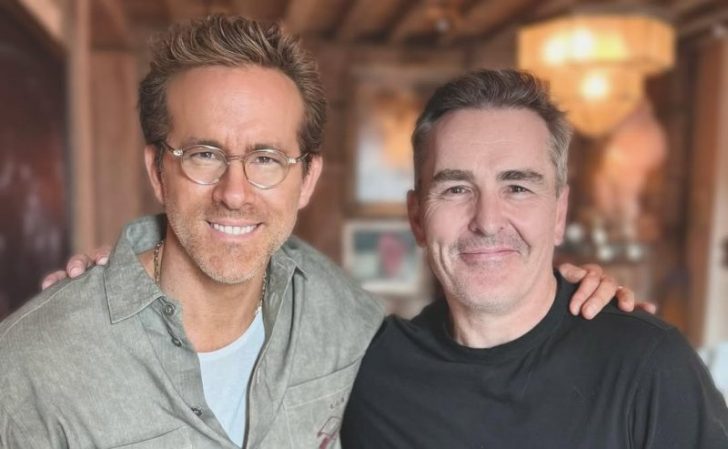Gone are the days when celebrities used to endorse mobile phones. Now, they own the mobile network too. From podcast hosts to political figures, public personalities are rolling out branded phone plans. Why the sudden rush into wireless?
Starting a mobile network used to be a billion-dollar task. Now, thanks to MVNOs, celebrities can launch one without building a single cell tower. They lease service from big carriers like AT&T or Verizon, then slap their name on it. This lowers cost, speeds up launch time, and keeps control in their hands.
The tech behind it also got easier. With eSIMs and ready-made support platforms, running a mobile network looks more like managing a merch store than a telecom giant. That shift opened the door to influencers, actors, and anyone with a large fan base.
Phone Brands Matter More Than Carriers
People used to stay loyal to Verizon or AT&T. Not anymore. Most buyers now stick to their favorite phone brand, not the company providing the signal. That shift has made users more open to trying smaller providers if the deal or branding fits their needs.
This change helped celebrity-run networks grab attention. Fans of podcasts like SmartLess or political backers of Trump are more likely to switch if the brand feels personal. It is less about signal strength, more about shared identity.

Ryan / IG / For stars, a mobile network means new money without more screen time. These networks run on subscriptions, which means monthly revenue.
If it takes off, like Mint Mobile did, it can even become a big payday, just ask Ryan Reynolds, who reportedly made $300 million from the sale of Mint to T-Mobile.
Plus, it is a safer bet. Compared to launching a skincare brand or alcohol line, a mobile network ties into something people already need and use every day.
Smart Fan Engagement
Some celebrities use mobile networks to stay connected to fans on their own terms. Trump Mobile, for example, leans heavily on political identity. Others like SmartLess Mobile ride the fan wave of their podcast listeners by tying phone plans to their listener perks.

Olly / Pexels / MVNOs give public figures more control over how they connect with fans, without relying on platforms like social media.
Celebrity-owned mobile networks also offer a smart marketing loop. Ryan Reynolds used his own ad agency to promote Mint Mobile, keeping the budget tight and the tone just right.
This kind of marketing works well because it blends into their existing presence. Be it a podcast, YouTube channel, or political rally, the mobile network becomes part of the story they are already telling.
However, this is not just an American idea. In Mexico, Walmart has its own MVNO. In Italy, soccer clubs like AC Milan sell SIM cards branded with team logos. These models proved that non-tech brands could sell phone plans successfully.
That track record gave celebrities a playbook. Add in the rise of “MVNO-in-a-box” kits, and it is now as easy to start a mobile network as launching a fashion brand used to be a decade ago.
Big Carriers Don’t Mind Though
At first, it seems odd that big names like T-Mobile would help launch smaller competition. But these MVNOs actually help fill out their unused capacity. Instead of letting their network go idle, they sell access in bulk and let others do the branding.
It is like airlines selling seats to travel groups. They make money either way. So, celebrities are not fighting the carriers. They are just rebranding excess service under their own name.
With easier switching and digital SIMs, users now bounce between providers more often. That is great news for small or niche carriers. A fan might try Trump Mobile for a month, then flip to another plan if it doesn’t suit them.





